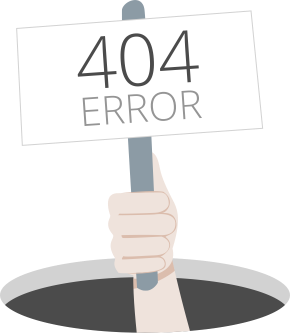- Markets
- News
- Analysis
- Trading Tools
- Blog
- Education
- About us
Popular Articles
Popular Articles
Popular Articles
Gold and Silver February Summary: Safe-Haven and Speculation Resonance, Precious Metals See Double Boost From Sentiment and Speculative Funds
1772265387
Gold, Silver and Oil Surge Together, Gold Nears $5,300 as Silver Rises for 10th Straight Month
1772246525
Gold hits $5,260 as war jitters, trade tension rattle markets
1772226184
Popular Articles
Popular Articles
Popular Articles
Popular Articles
Popular Analysis
Popular Analysis
Week Ahead: What Signals Will Fed Minutes Send? US December Core PCE Due
1771233266
Fed Rate Decision Looms as Apple, Microsoft, Meta and Tesla Q4 Earnings Draw Attention: Week Ahead
1769424764
Kevin Hassett is now backing out of the race to lead the Federal Reserve, and Trump doesn’t seem to mind.
1768819127
Popular Analysis
Popular Analysis
Popular Analysis
Has Beating Expectations Become the Norm? Nvidia Delivers Strong Q4 Results Again, but Market Remains Cautious?
1772086290
Today’s Market Recap: AI Panic Intensifies, Global Assets Fall Broadly
1770977786
Is SaaS Dead? The Truth Behind the Software Meltdown, the Missing Floor, and the Peak That’s Not Coming Back
1770891764
Popular Analysis
Top Blog Posts
Top Blog Posts
Top Blog Posts
Is Mitrade a Legit Forex Broker? Full Mitrade Review — Facts, Details, and What You Should Know
1770879273
Forex Trading In Malaysia - Top 10 Forex Brokers for Malaysia: Regulated & Trader-Friendly Picks
1770692331
Is Mitrade Right for You? A Complete Guide on How to Start Trading CFDs in 5 Steps
1770687790
Top Blog Posts
Top Blog Posts
Top Blog Posts
Top Blog Posts
Beginners
Long position VS. short position: Which one is better?
In the world of trading, understanding the concepts of long and short positions is crucial for making informed decisions. A long position involves buying an asset with the expectation that its value will rise, while a short position entails selling an asset you don't own, betting that its price will fall.
How to Choose an Online Trading Platform
Selecting a trading platform is one of the most critical decisions for any trader. But how do you ensure you're choosing one that's regulated, cost-effective, and easy to use? Understanding the key criteria can set you up for success.
What is Leverage in Financial Trading?
Leverage is a fundamental concept in financial trading,allowing traders to control larger positions with a smaller amount of capital. While it can amplify potential profits, leverage also significantly increases the risk of losses, making it a powerful but double-edged sword.
Mitrade Insights is dedicated to providing investors with rich, timely and most valuable financial information to help investors grasp the market situation and find timely trading opportunities.
2021
Best News & Analysis Provider
FxDailyInfo
2022
Best Forex Educational Resources Global
International Business Magazine


